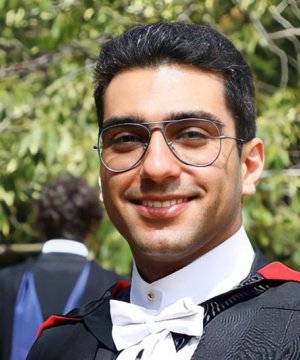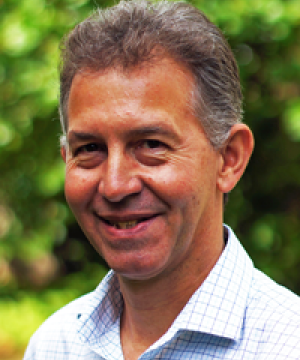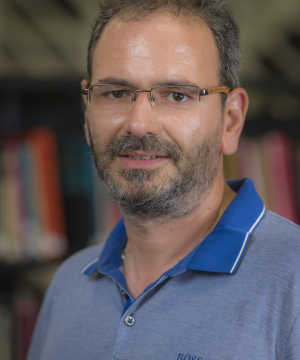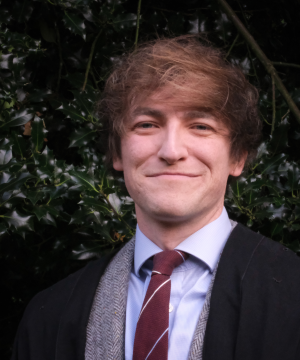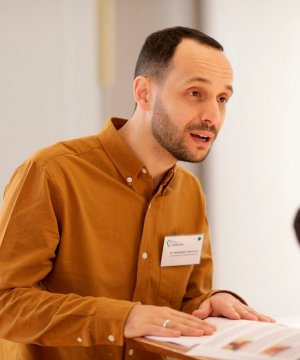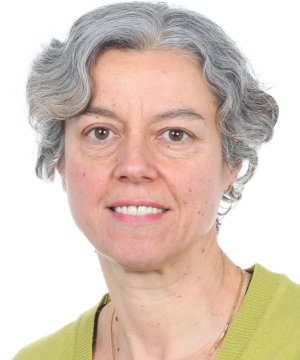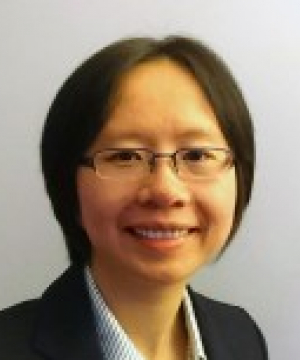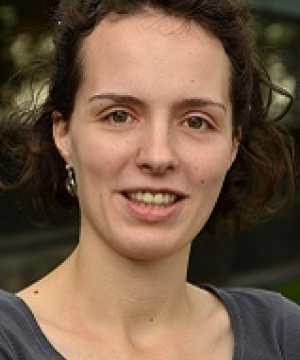Course details
At Homerton
Homerton has the largest cohort of engineers of any College, with around 24 new students joining us each year. Because of this, the Homerton Engineering Society is a strong one, hosting curry nights, regular dinners in the great hall, punting parties to celebrate end of exams and other events (including throwing paint at each other at Holi festival!). Our engineers have formed bands together, organised nights out, they have even had their own rowing team enter the college boat races, not to mention our entries to the fabled Cambridge Cardboard Boat Race.
Hear from our students:
"Engineering at Homerton has a large cohort of students each year and we enjoy working together and helping each other out with coursework and labs. This kind of extra support has really helped me cope with the challenges of the degree." - Riya Mody
"Homerton students create cohort activities that can be academic or non-academic related which enhance the bonding of the cohort(s) and in turn experience the full picture of studying at Homerton and at Cambridge in general. The Engineering students at Homerton remain bonded up to and including the final year of their studies no matter the discipline of the engineering they choose to follow. The friendly and welcoming atmosphere at Homerton helps our well-being while achieving the best of our potential." - Michalis Michael
The Cambridge degree course in Engineering cover a broad syllabus over the first two years to ensure you study all major disciplines and have the experience we feel is necessary for you to choose your specialisations in the third and fourth years. It is this flexibility that will ensure you don’t make the mistake of choosing a field early on that you may realise later is not right for you.
We offer a broad choice of modules (over 120!) and one of the responsibilities of your Director of Studies at Homerton is to guide you in choosing which modules to study. Based on those modules, you can leave Cambridge with a specialised degree of your preference.
Regardless of what specialised modules you choose in your later years, there are modules all students have in common. One such module is the integrated design project in your second year, where you will work in teams to build and test your own mobile robotic vehicle. Students will develop the electronics, computing and mechanics of the system, testing team work, communication and other key skills necessary to excel as an engineer.
Students will take part in two further projects in the third year, where at least one is a similar design project. For your final year, you select your own individual research project, often linked with an industry partner, where you push the envelope of science, working alongside an academic and their research team to discover something new.
The Cambridge course is divided into parts. Part IA is first year, which is common to all engineers. In the second year, around 25 students will choose to move into Chemical Engineering. In the third year, around 45 students will switch to Manufacturing Engineering, with up to six students taking part in our exchange programme in either Paris or Singapore. Regardless of which avenue you choose, the Engineering Department has the world class facilities to help you achieve your full potential!
We are looking for students who have the academic ability and potential to succeed on the course, as well as the necessary interest in and motivation for the subject.
In order to explore Engineering in more detail we would recommend the introductory reading for prospective applicants and offer holders listed here as well as the 'Resources' section of the Engineering subject page available here. You can also find the offer holder reading list available here.
You can also explore your chosen subject through the Homerton Resources page.
In terms of specific subject requirements, we do require you to take Mathematics and Physics, and strongly prefer you take an additional technology, science or maths subject (such as Computer Science). If your school offers Further Mathematics, you should seriously consider taking it. If your school does not offer Further Mathematics, you will not be disadvantaged but we would advise you to do as much additional pure maths and mechanics as possible. All applicants will need to show us that they have good mathematical skills in both the admission assessment and at interview.
Admission Assessment: All applicants for Engineering must sit the Engineering and Science Admissions Assessment (ESAT) as part of the application to the University. Applicants must be pre-registered for this test. Please see check admission assessments for further details.
We do not require you to take the STEP or AEA in Maths.
Written Work: There is no requirement to submit written work for Engineering.
Engineering is a broad field and inevitably you will need to specialise at some stage in your career. Here at Cambridge, one of our unique qualities is that we will help you decide which specialisation is for you during your time here, be it aerospace and aerothermal engineering, to join our alumni astronauts in space; electrical, electronic and computer engineering, where alumni have developed the suspension systems upon which supercars are built; energy, sustainability and the environment, and civil and structural engineering where Cambridge graduates have helped develop the liquid crystals using for advanced solar farms; or mechanical and bio engineering, where graduates have worked on enhancing bone growth into implants.
